Welcome to our in-depth comparison of two captivating routes on the Camino Portuguese pilgrimage trail. With a rich history, diverse landscapes, and profound cultural significance, both the Coastal and Central routes offer unique experiences that promise to leave a lasting impression. But which one is right for you? Let's find out!
The Camino de Santiago, or the Way of St. James, is a renowned pilgrimage route that attracts thousands of adventurers, spiritual seekers, and nature enthusiasts each year. While the Camino Frances is the most famous, the Camino Portuguese is quickly gaining popularity for its scenic beauty and cultural richness. In this guide, we'll compare the two main routes of the Camino Portuguese—the Coastal and the Central—to help you decide which path to take.
Overview and History of the Trails
The Camino Portuguese Coastal Route, starting from Porto, takes you along the picturesque Atlantic coastline. It's known for its stunning ocean views, charming seaside towns, and fresh seafood.
The Camino Portuguese Central Route, starting from Lisbon, leads you through the heart of Portugal and into Spain. This path offers an authentic experience of rural Portugal, historic cities, and lush vineyards.
Historical Significance and Popularity Comparison
The Central Route is the more traditional and historically significant path, frequented by pilgrims for centuries. It features ancient churches, Templar castles, and UNESCO World Heritage Sites.
The Coastal Route, while newer in comparison, has quickly gained popularity for its natural beauty and unique coastal culture. Both routes offer rich histories but cater to different interests.
How do the routes compare?
Geographic Differences & Scenery
Coastal Route: Enjoy endless ocean vistas, sandy beaches, and rugged cliffs. The scenery is dominated by the Atlantic's raw beauty.
Central Route: Walk through rolling countryside, forested areas, and historic towns. The landscape is diverse, offering a mix of natural and cultural sights.
Description of the Paths
Coastal Route: Begin in the bustling city of Porto, then transition to serene coastal paths, quaint fishing villages, and lively beach towns.
Central Route: Start in Lisbon, moving through urban areas before reaching the tranquil rural landscapes and historic cities like Coimbra and Ponte de Lima.

Milestone Attractions on Each Route
Coastal Route:
- Matosinhos Beach
- Viana do Castelo
- Caminha and its medieval charm

Central Route:
- The Templar Castle in Tomar
- The baroque library in Coimbra
- Ponte de Lima, Portugal's oldest town
Practical Comparison
Distance and Recommended Duration for Completion
Coastal Route:
Distance: Approx. 275 km / 171 miles
Duration: 12-15 days
Central Route:
Distance: Approx. 611 km / 380 miles
Duration: 10-33 days
Difficulty and Terrain Analysis
Coastal Route:
Terrain: Mostly flat with some sandy and rocky sections.
Difficulty: Moderate, with easier walking conditions.
Central Route:
Terrain: Varied, including flat rural paths and hilly areas.
Difficulty: Moderate to challenging, depending on your fitness level.
Suitability for Solo & Senior Travellers
Coastal Route:
- Ideal for solo travellers seeking solitude and scenic beauty.
- Suitable for senior travellers due to flatter terrain and frequent rest spots.
Central Route:
- Great for solo travellers interested in history and culture.
- Suitable for senior travellers with prior hiking experience or good fitness levels.

Best Times of the Year to Walk Each Route
Best Time: Spring (April-June) and Autumn (September-October). Avoid the peak summer months (July-August) due to high temperatures and crowded paths.
What to Expect on Each Walk
Both routes offer a welcoming community of fellow pilgrims, friendly locals, and a shared sense of purpose. You'll find daily connections with others, whether over a communal meal or at a local café.
Accommodation Types and Comfort Levels
Accommodation types: Accommodation includes traditional albergues, rural inns, and historic buildings.
Comfort Level: 'Comfortable' as per the Macs Adventure grading - 'Characterful, locally owned hotels and B&Bs that have those finishing touches that make it feel extra special. Their décor typically embodies their region’s traditions, they may have relaxing leisure facilities, and some are known for their excellent cuisine too.

Local Cuisine and Cultural Highlights on the Way
Coastal Route:
- Savor fresh seafood, including cod dishes and oysters.
- Enjoy local wines like Albarino.
Central Route:
- Indulge in Portuguese stews, grilled meats, and farm-to-table dishes.
- Don't miss the Pastel de Nata and Port wine in Porto.

Getting to the Start of Each Walk
Coastal Route: Fly into Porto Airport, then take a short taxi or metro ride to the city center.
Central Route: Similar logistics, with Lisbon being the starting point.
Who Each Route is Best Suited for?
Coastal Route: Best for those who love the ocean, fresh seafood, and a more relaxed walk. Ideal for solo and senior travellers looking for flatter terrain and beautiful coastal views.
Central Route: Perfect for history buffs, cultural enthusiasts, and those seeking a more traditional pilgrimage experience. Suitable for fit and experienced hikers who enjoy diverse landscapes.
No matter which route you choose, the Camino Portuguese promises an unforgettable adventure. Pack light, stay hydrated, and take time to immerse yourself in the local culture.
The Camino is more than just a walk - it's a journey of self-discovery, connection, and reflection. Whether you choose the Coastal or Central Route, you'll be part of a centuries-old tradition that continues to inspire and transform.
Ready to start your adventure? Book Your Camino Experience Today!









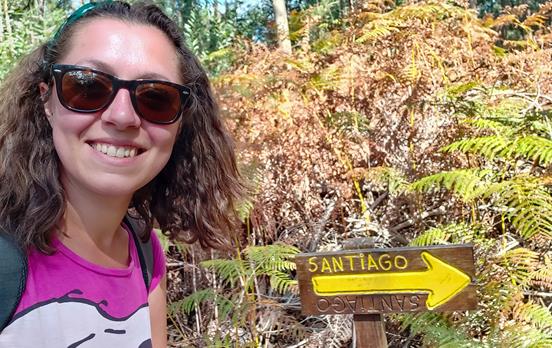
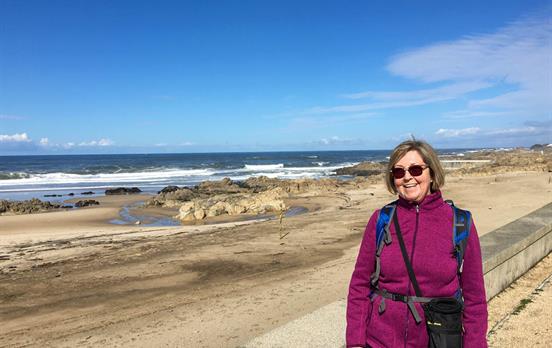
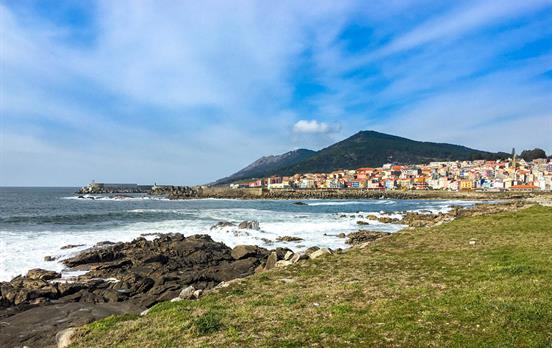
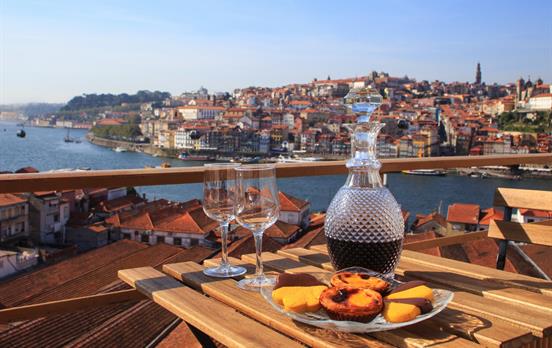
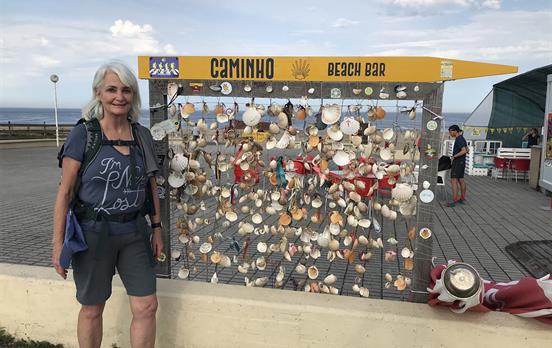

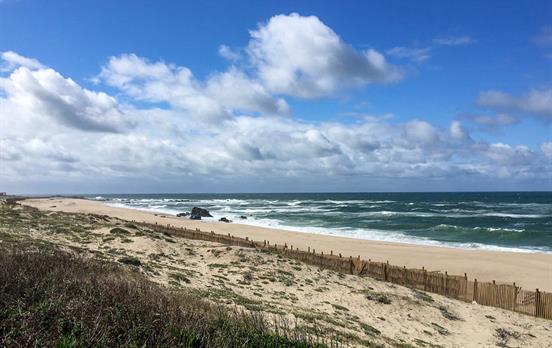
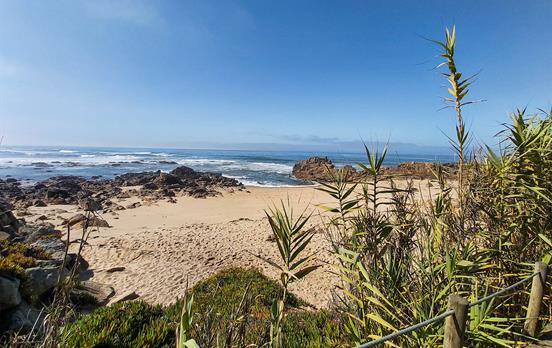

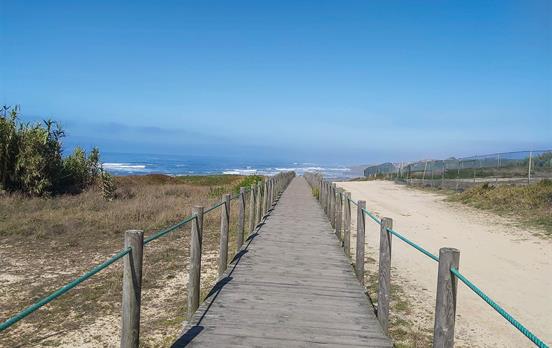
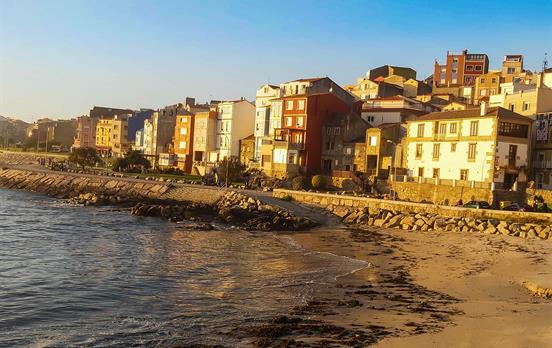
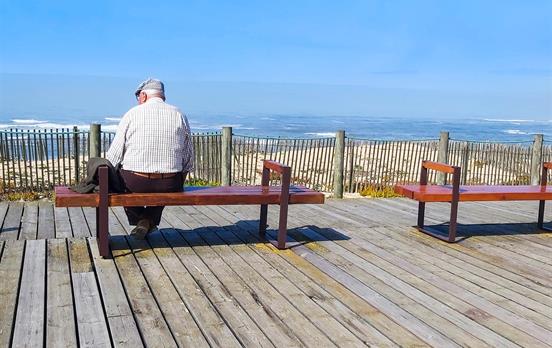
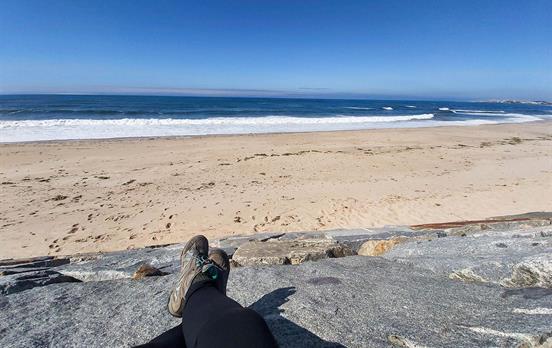

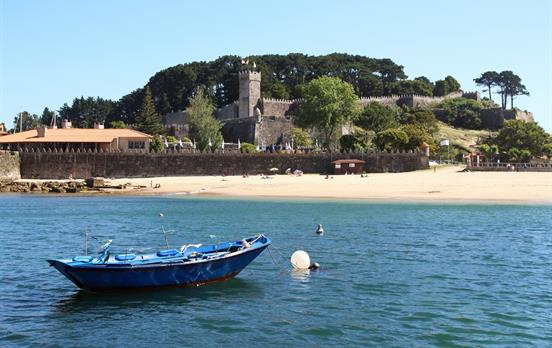
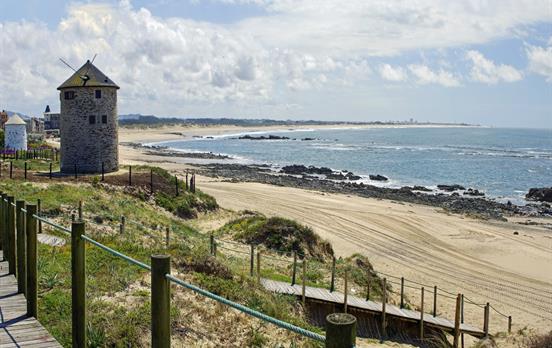
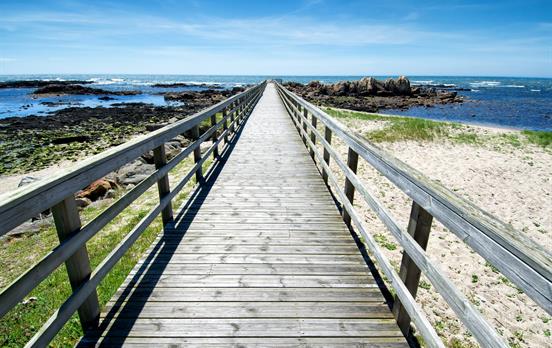
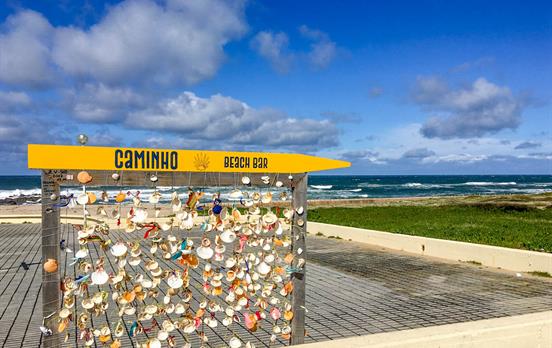
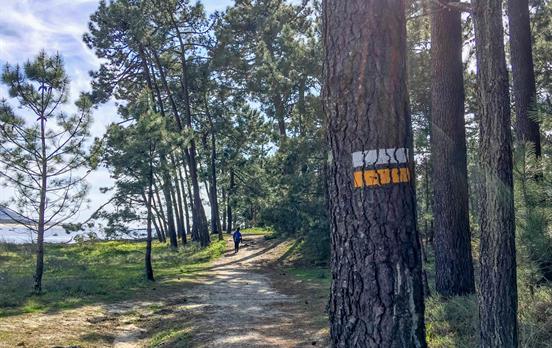
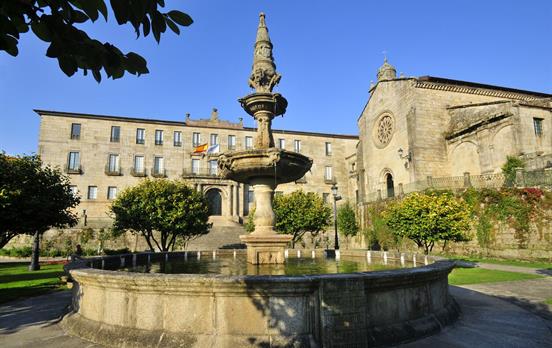

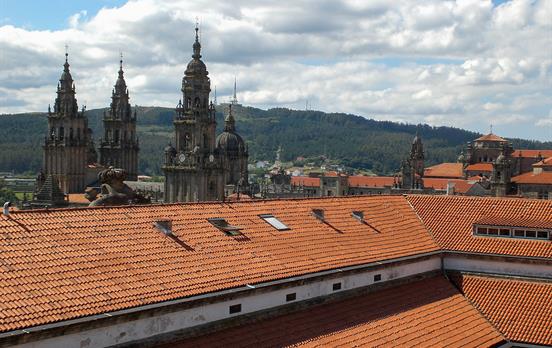
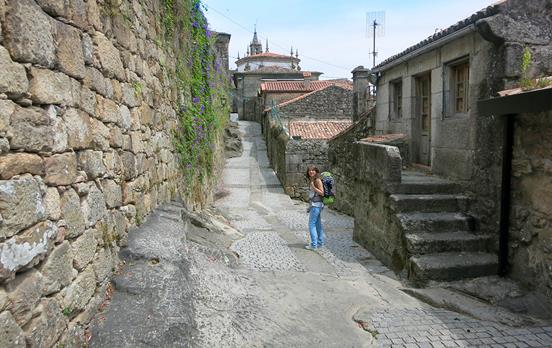
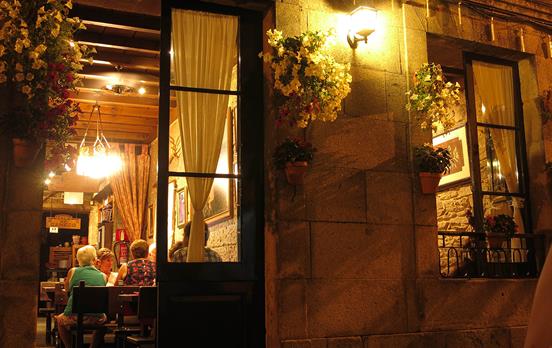
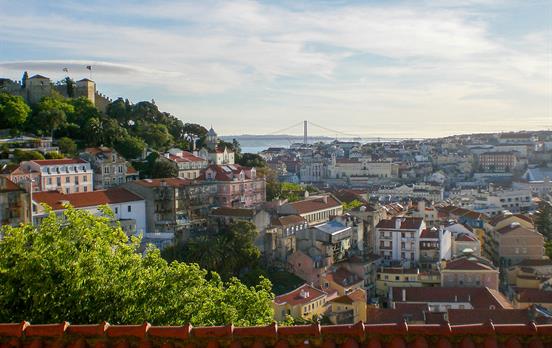
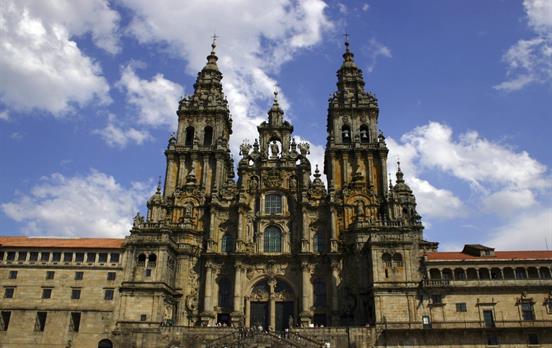

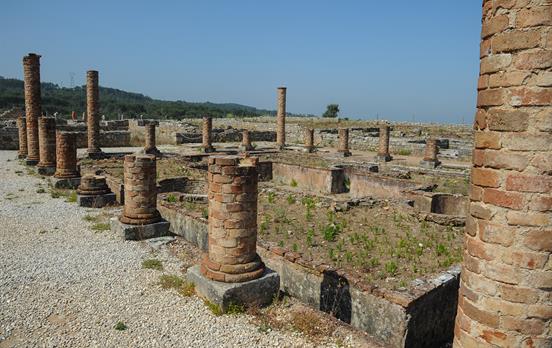
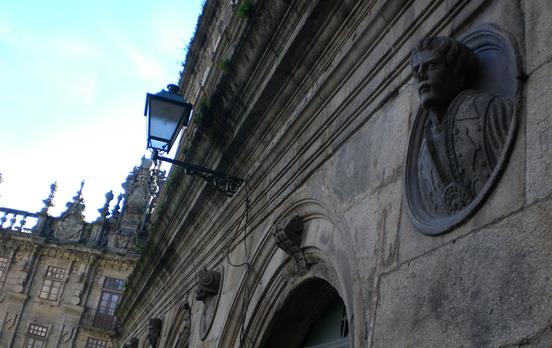
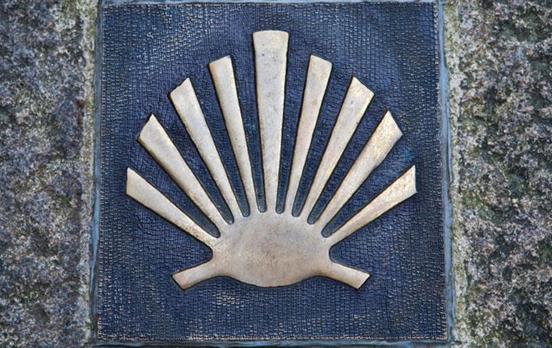

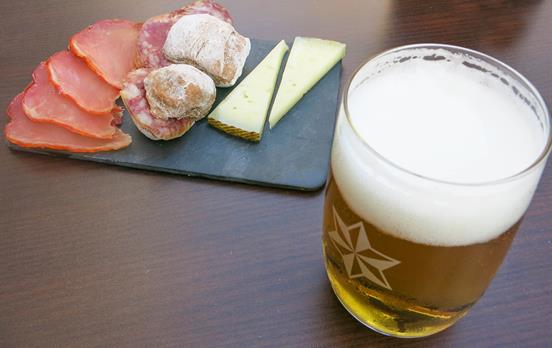



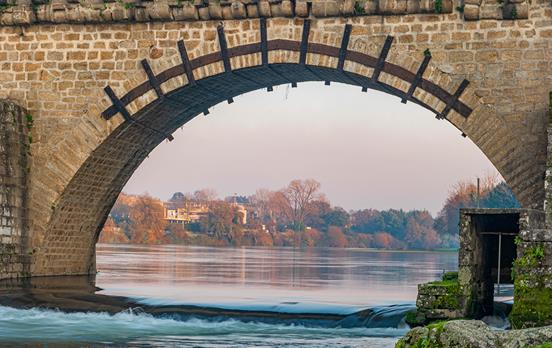
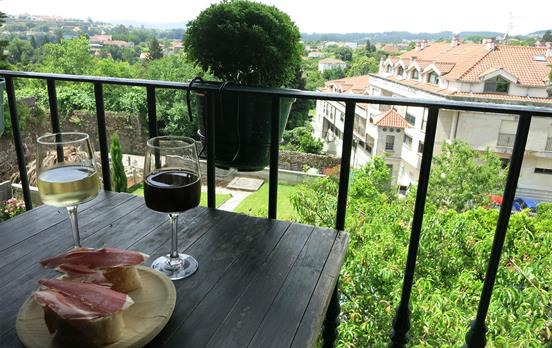

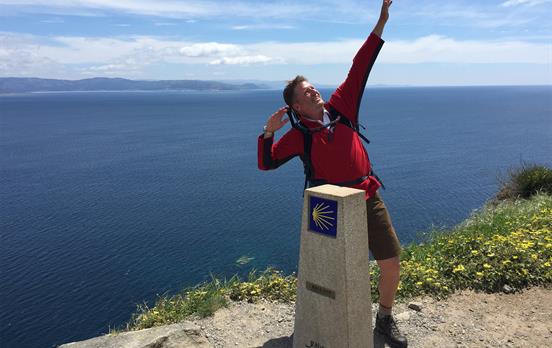
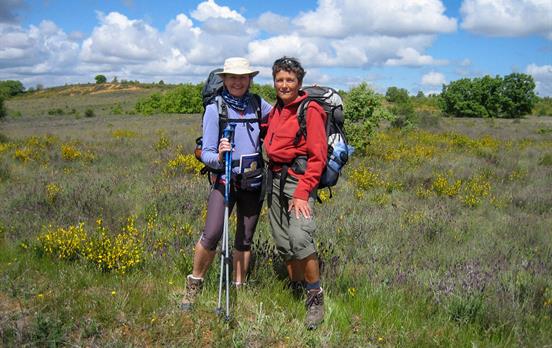



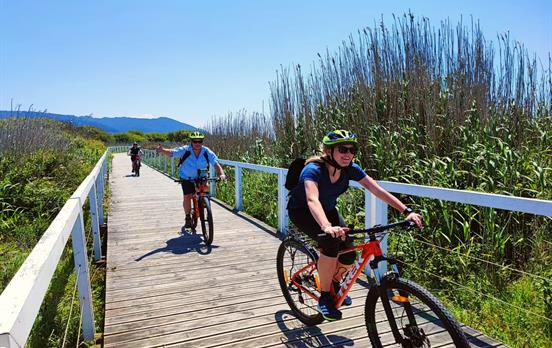

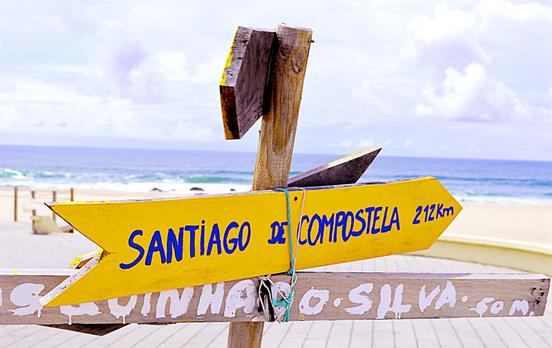
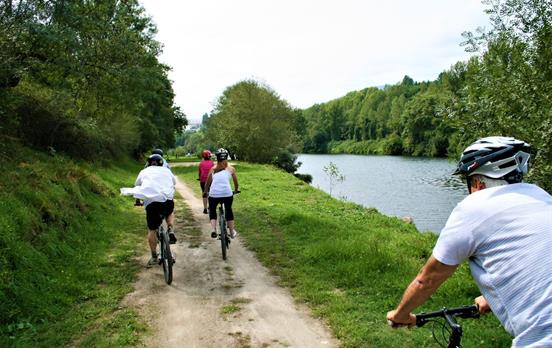
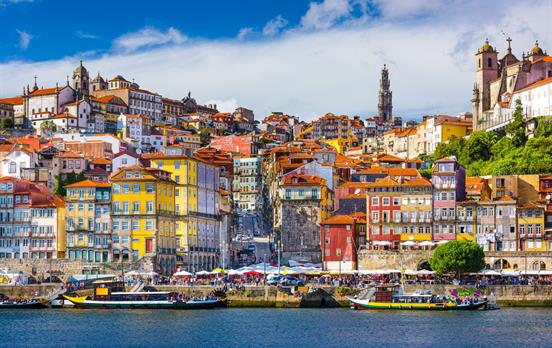
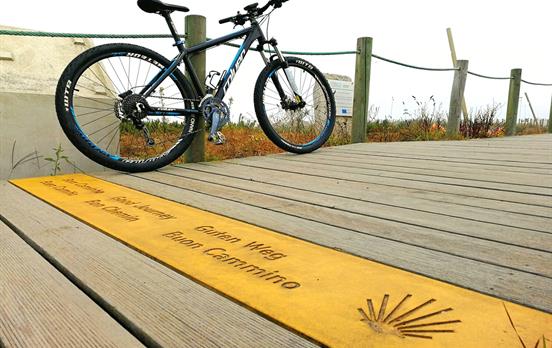
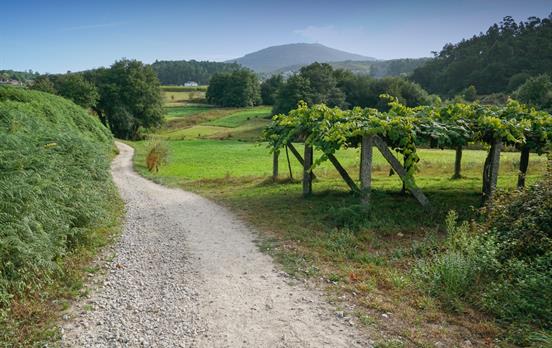
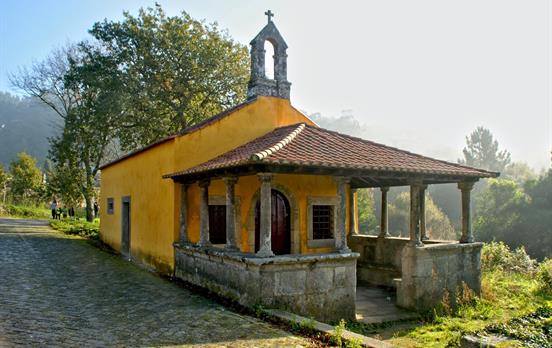
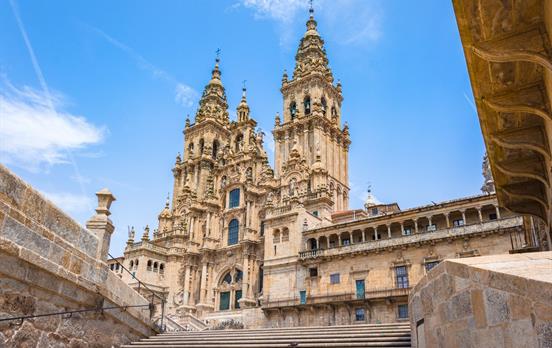


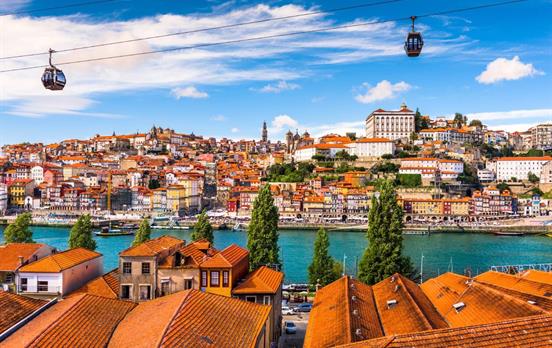

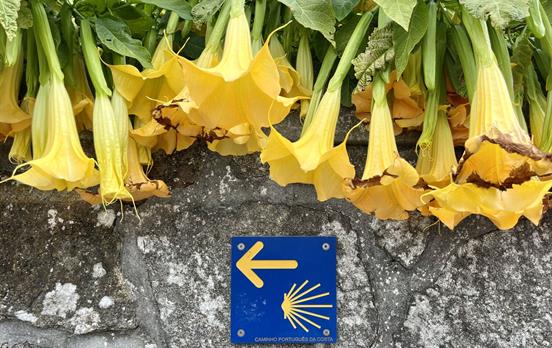
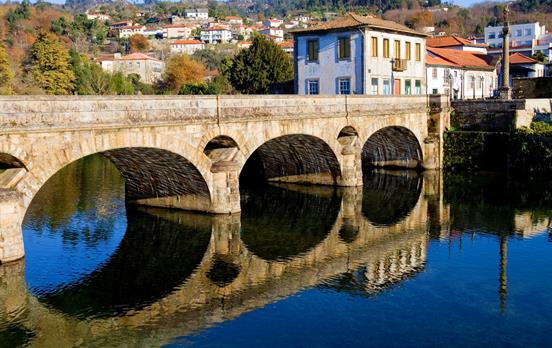
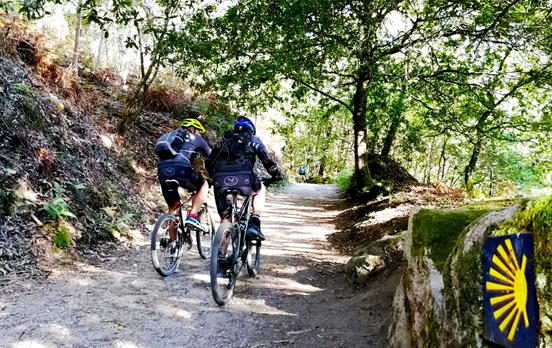
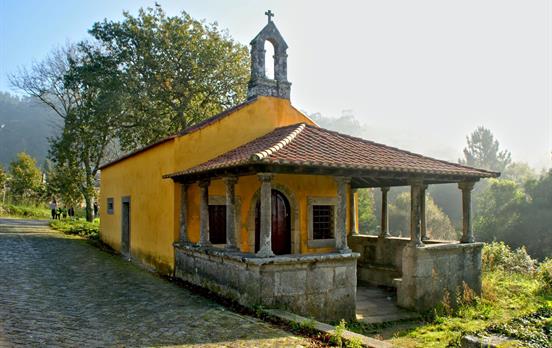
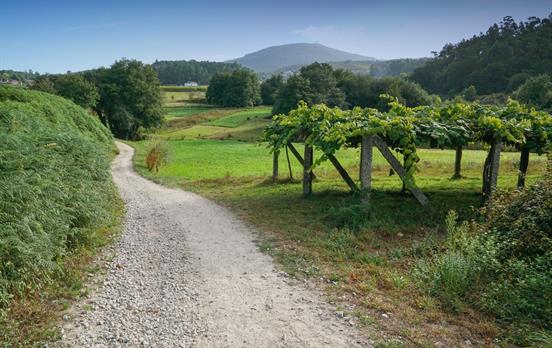
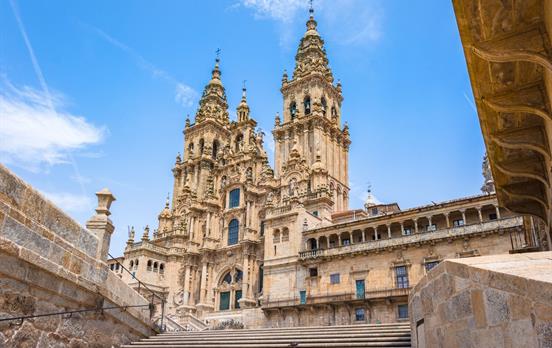








 Australia
Australia New Zealand
New Zealand South Africa
South Africa European Union
European Union